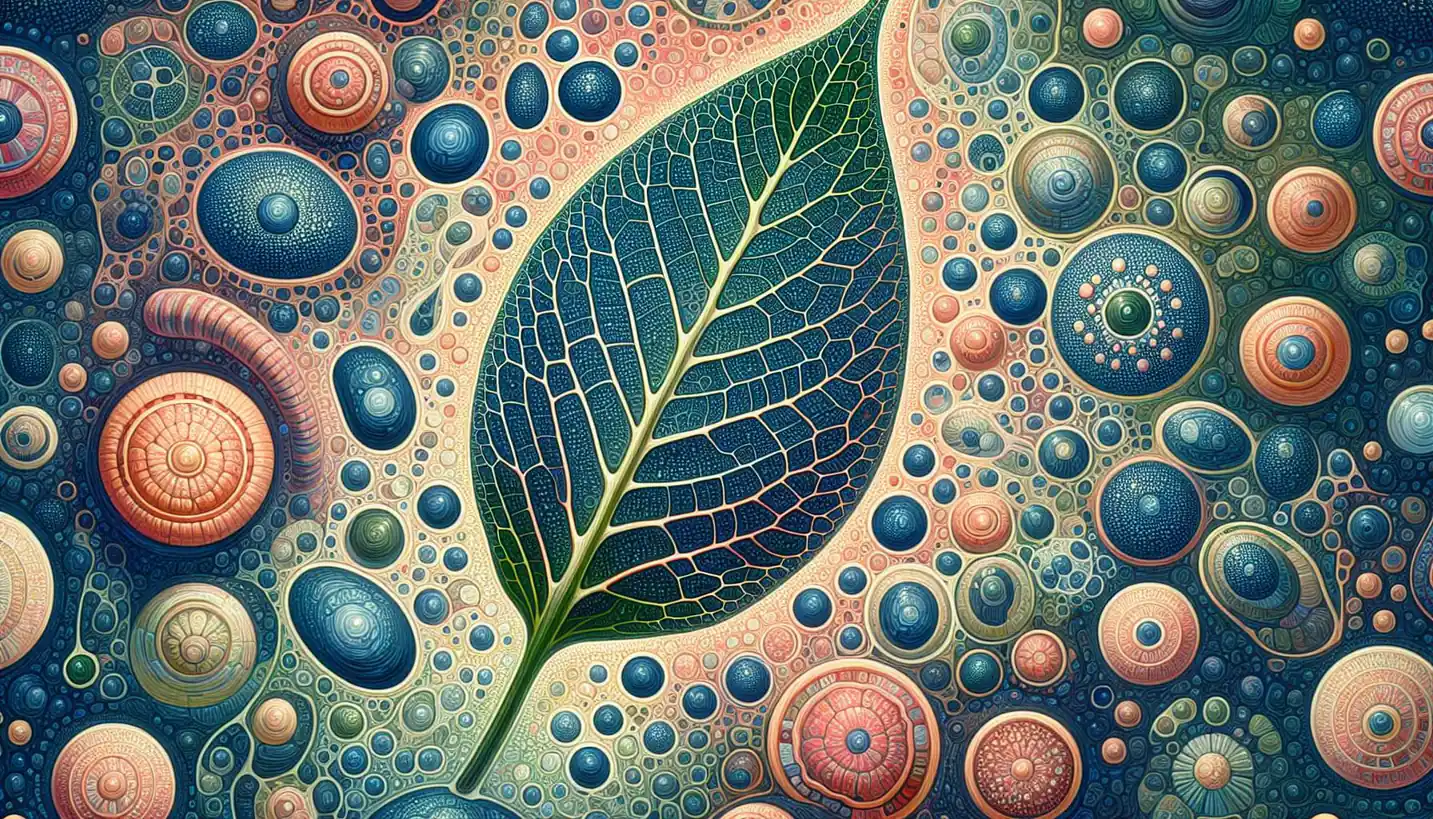· Biology · 4 min read
Understanding Ecosystem Services: The Unsung Heroes of Conservation Biology
Ecosystem services provide crucial benefits like clean air and water. Discover how these often-overlooked services are essential for human well-being.

Picture this. You’re taking a stroll through a lush forest, breathing in the crisp air and hearing the gentle rustle of leaves overhead. This serene environment offers more than just a picturesque view; it’s providing us with vital “ecosystem services.” These are the benefits nature gives freely, often unnoticed, that are essential for our survival and well-being. From the water we drink to the pollination of crops, these natural processes are the backbone of life on Earth.
What Are Ecosystem Services?
Ecosystem services are broadly categorized into four types: provisioning, regulating, supporting, and cultural services. Let’s break these down with some everyday analogies:
Provisioning Services
Think of provisioning services as nature’s gift basket. These are the tangible products we get from ecosystems, such as food, water, and raw materials. The fruits and vegetables on your table, the fish from the sea, and the timber for building all fall into this category. They are the resources we often take for granted but are sourced directly from our natural surroundings.
Regulating Services
Regulating services are like invisible housekeepers, working behind the scenes to maintain a healthy environment. They include processes such as pollination, which is crucial for food production, and the regulation of climate and air quality. Trees, for instance, absorb carbon dioxide, helping to mitigate climate change. Wetlands filter pollutants from water, purifying our water supplies naturally.
Supporting Services
Supporting services are the scaffolding that keeps everything in place. These services are essential for other ecosystem services to function, such as nutrient cycling and soil formation. Just as a foundation supports a building, these processes maintain the conditions for life on Earth.
Cultural Services
These are the non-material benefits we derive from ecosystems. Imagine your favorite park where you go to unwind, the cultural heritage sites that connect us to history, or the inspiration that artists draw from nature. These elements contribute to our mental well-being and cultural identity, offering recreational and spiritual benefits.
The Importance of Ecosystem Services
Why should we care about these services? Simply put, they’re crucial for our survival. Ecosystem services provide clean air and water, regulate our climate, and offer resources necessary for food and medicines. Without them, the world as we know it would cease to exist.
Moreover, understanding and valuing these services informs conservation efforts. By recognizing their importance, we can make better decisions about how to protect and manage natural resources sustainably. It’s like learning to look after our savings bank; if we exploit nature’s services recklessly, we risk depleting these resources.
Threats to Ecosystem Services
Now, let’s talk about the dangers these services face. Human activities have severely impacted natural ecosystems, threatening the services they provide. Deforestation, pollution, climate change, and overexploitation of resources are just a few culprits.
Imagine a factory dumping waste into a river. This not only affects aquatic life but disrupts the water purification services the river provides. As forests are cleared, the carbon-sequestering ability of trees is lost, exacerbating climate change.
Conservation Efforts and Future Directions
Conservation biology is all about understanding these relationships and finding ways to protect them. By conserving ecosystems, we not only save wildlife and habitats but also preserve the services they provide.
Efforts such as creating protected areas, restoring degraded ecosystems, and implementing sustainable land-use practices are crucial. Scientists and policymakers are working together to develop strategies that integrate ecosystem services into decision-making processes.
One exciting direction is the incorporation of natural capital accounting, where the value of ecosystem services is factored into economic planning. This means recognizing these services as an integral part of our economy, much like roads and bridges.
How You Can Help
There’s a role for everyone in preserving ecosystem services. Small actions like reducing waste, supporting sustainable farming, and volunteering for conservation projects can make a big difference. Educating ourselves and others about the importance of these services can also spark a collective effort towards a sustainable future.
Ask yourself: How can I contribute to sustaining these services? It might mean planting a tree, supporting eco-friendly brands, or simply spreading awareness about the importance of nature’s blessings.
In summary, ecosystem services are the unsung heroes of our planet, silently supporting our lives in myriad ways. By recognizing their value and understanding the threats they face, we can take meaningful steps towards preserving our natural world. It’s a collaborative journey, one that involves individuals, communities, and nations working together for a healthier planet.
And next time you walk through a park or enjoy a breath of fresh air, remember the intricate web of processes and interactions that made it possible. Nature’s services are a remarkable gift, and it’s up to us to cherish and protect them.


